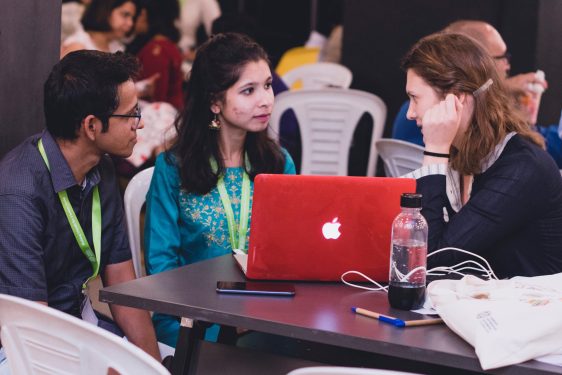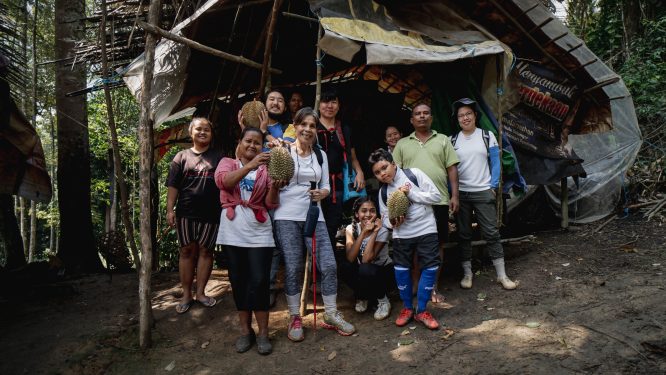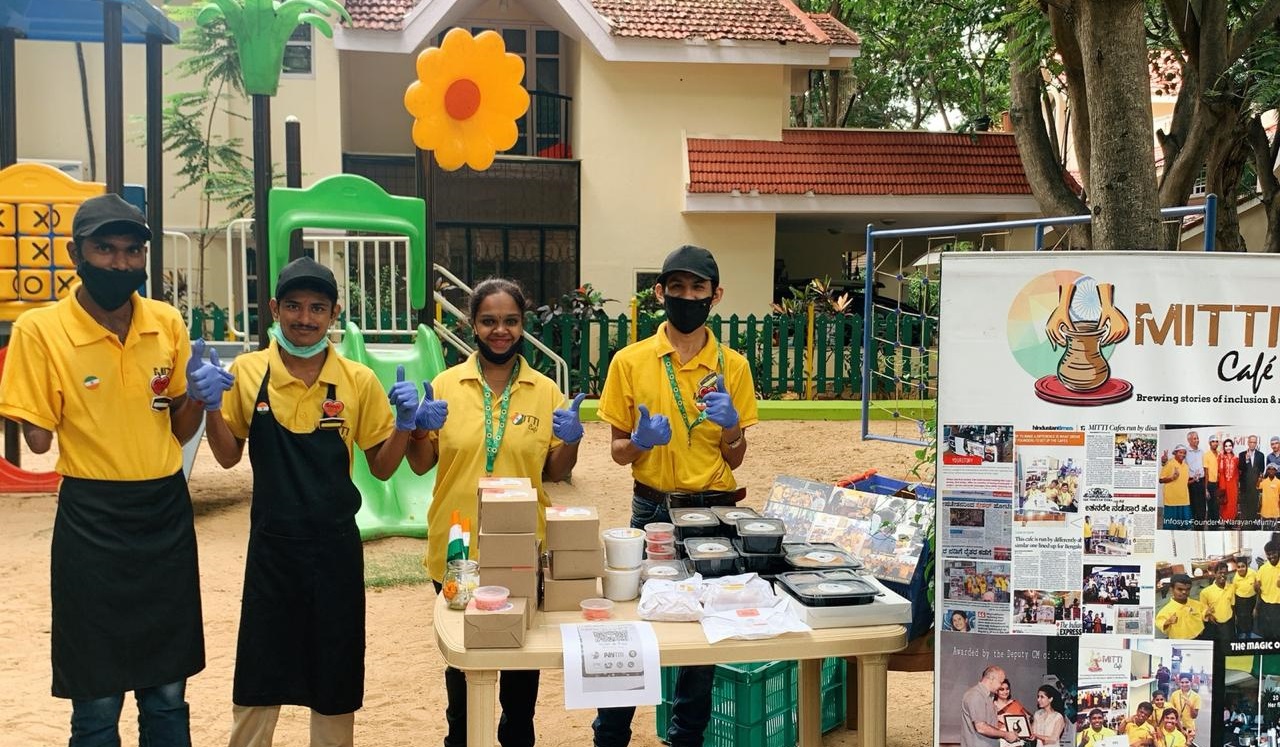IN the midst of the COVID-19 pandemic, two social enterprises – Mitti Café of India and Native of Malaysia – blazed different trails in their entrepreneurship journeys, thousands of miles apart.
One uplifts people with disabilities while the other bolsters the livelihood of indigenous communities.
But both are alumni of the Singapore International Foundation’s (SIF) Young Social Entrepreneurs (YSE) programme.
On Nov 18, 2021 they were awarded the SIF-Deutsche Bank’s Made for Good Award which supports social enterprises from the global YSE alumni network and celebrates their resilience amidst the COVID-19 pandemic.
To navigate the pandemic’s fallout, both Mitti Café and Native came up with new business ideas and in doing so, found fresh impetus in their business and social missions.
Training and hiring people with disabilities
In July 2021, Alina Alam and her team travelled to the village of Hasnabad in West Bengal, India to distribute daily living essentials kits sorely needed by villagers hit hard by not just the pandemic, but also two recent cyclones.
Alam is a principal of Mitti Café, based in the state of Karnataka. She started the venture in 2017 as a university student to uplift those in her community with disabilities.

Alam would train and hire them for a chain of cafés she set up in corporate buildings and educational institutions but when the pandemic struck, these premises had to close.
“We had 116 employees with disabilities at the time and we were struggling to figure out how to pay their salaries,” she recalled.
To maintain operations during the ensuing lockdown, the social enterprise moved their cafés to public spaces and healthcare institutions in early 2020 and reallocated existing donor funds toward disaster relief initiatives, which included distributing sponsored rations to the needy.
Community empowerment
The spark for Mitti Café was ignited while Alam was in college, watching a documentary about how the Roman emperor Nero burnt prisoners to the cheers of his guests.
“I realised I had been like one of Nero’s guests, and if you feel something but are not willing to act, you take the side of the oppressor. It was something I could not continue to be.”
She came up with a business model to empower her community by partnering organisations willing to sponsor the set-up cost and provide space in their premises for her café. She would train and hire people with disabilities to run it.
Despite numerous challenges posed by the pandemic, Mitti Café now has 16 outlets, 136 staff and partners that include IBM, Mercedes-Benz, ANZ Bank, Infosys, Wipro and Capgemini.
Third time’s a charm
Concurrently in a different part of Asia in July, Daniel Teoh’s team have just completed a three-hour rainforest trek. It was durian season, but for Teoh, it was also the start of a pivotal time for his young social enterprise.
Native had been providing guided tours with its Orang Asli partners in Selangor.
The year-old social enterprise founded by Teoh was chalking up good growth but the pandemic hit in early 2020 and the lockdowns started, and he knew that he had to act fast to ensure the viability of the enterprise.
The 26-year-old decided to showcase the Orang Asli traditional art of weaving mengkuang leaves into headbands, bookmarks and more.
The initiative, however, was scrapped due to a lack of demand and difficulty in assuring the quality of the leaves.
Next up was the idea of helping the Orang Asli distribute their forest-grown kampung durians.
It was third-time lucky: the venture became Native’s e-commerce offshoot called Biji Bumi Durian, and its revenue exceeded that of guided tours.
Supporting indigenous communities
The idea for Native came about when Teoh was with Epic Collective, a social enterprise building homes for marginalised communities.

“I found myself able to support the Orang Asli and eventually they became friends and teachers. They inspire me in my work, and I would say I am a beneficiary of their wisdom as much as they may be beneficiaries of Native.”
His first guided tour with an Orang Asli friend sold out within hours of being posted on social media.
These trips saw hikers paying RM50 each for a three-hour hike through the forests of Semenyih to experience the Orang Asli lifestyle; at least 40% of the revenue would go to the Orang Asli partners.
This worked well until the pandemic struck, and the search for a new business model led to the now successful durian sales, with more products and services – including homestays with the Orang Asli and selling their art as non-fungible tokens (NFTs) – in the pipeline. – Dec 2, 2021










